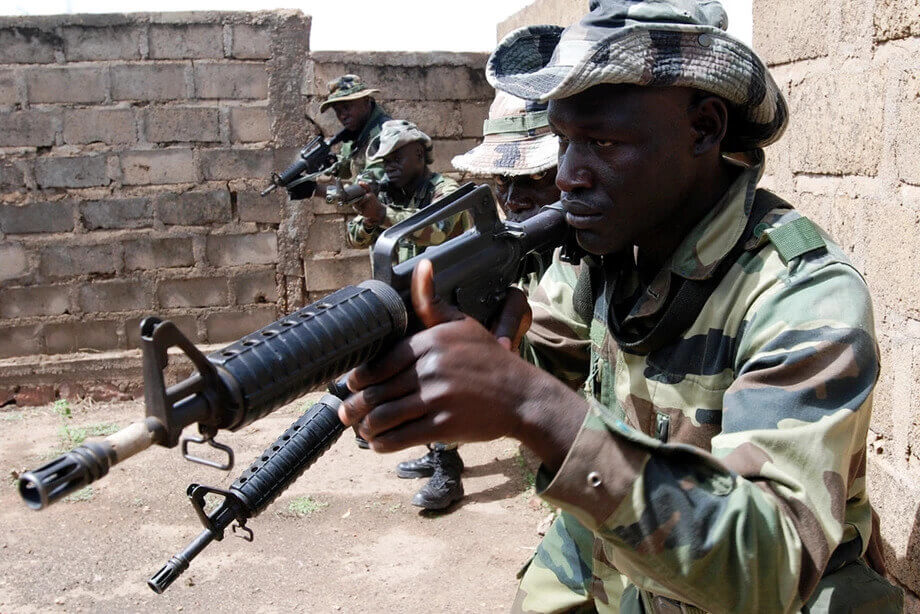Human Rights Watch reported that armed forces in Cameroon launched an attack on a health facility in the North-West region and “arbitrarily arrested” seven health workers in the South-West region.
The international NGO also reported that armed separatists have killed at least six civilians since May 2020. In fact, it is estimated that at least 285 civilians have been killed in around 190 separate incidents since January 2020 in the North-West and South-West regions, which has been beset with violence and instability since 2016. Moreover, tens of thousands of people have been displaced in the last two months alone.
Hence, it appears that the June peace talks between the government and the jailed leaders of the separatist group Ambazonia Interim Government (IG) have failed. This may be due to the fact that these discussions excluded other big stakeholders and players, such as the Ambazonia Governing Council, which split from the IG. The separatists seek an independent country for the country’s Anglophone regions and peoples, who are a minority in the country.
The current crisis first emerged in 2016 due to continued marginalization and oppression of Anglophone citizens and institutions. In response, separatist groups began targeting civilians, through torture, kidnapping, and murder, and also destroyed government property and killed security forces. Government security forces have responded to these attacks with brutality, with several instances of extrajudicial killings, sexual violence, torture, and destruction of property.
That being said, aside from the armed separatist groups, even peaceful protests by Anglophone citizens have been met with brutality. In fact, the armed forces have been supported by funding, equipment, and training from international actors such as France, the US, Israel, Germany, and China. International interests in the region are largely rooted in resource exploitation, given that British, Chinese, and American companies all have oil and gas operations in the country.
Presiding over this chaos is President Paul Biya, who has ruled the country for 38 years and holds the support of the Francophones, who comprise 80% of the population. Simultaneously, he has for years undermined democratic processes in the country by intimidating and attacking political opposition and allegedly rigging electoral results in his favor. He has characterized the Anglophones supporters of a ‘radical’ agenda and refused to discuss institutional reform.
Peace talks and concessions have thus far been symbolic and failed to address the concerns of the Anglophone population, which are centered around gross human rights abuses by the government and date back to 1961, when Cameroon first gained independence.
Violence Among Francophone Majority And Anglophone Minority in Cameroon Continues
Francophones make up 80% of the Cameroonian population.
July 28, 2020

SOURCE: FLICKR
